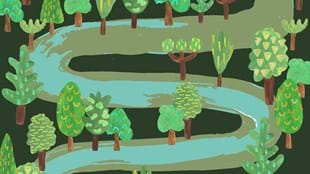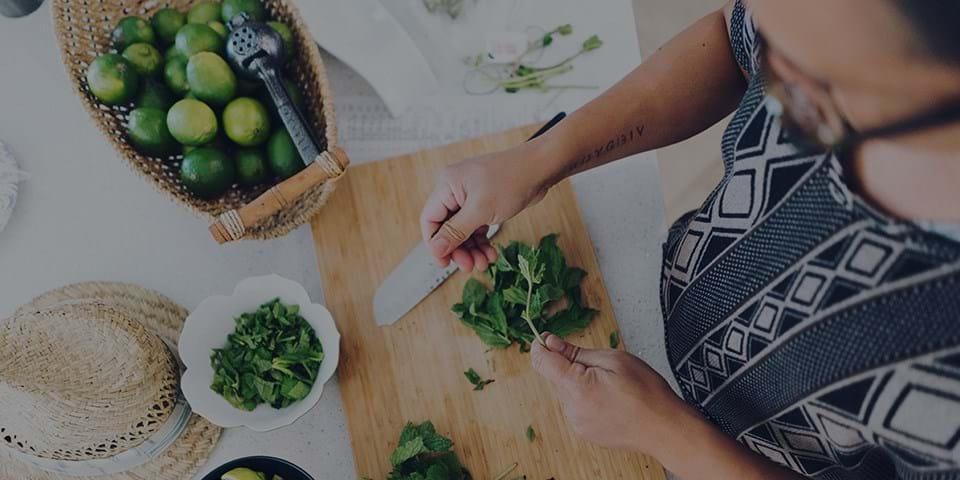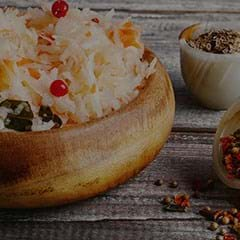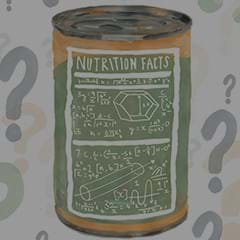Did you know that your gut has about the same brain power as a cat?
That’s just one of the startling insights offered by author and science journalist Michael Mosley in this fascinating interview about how far the science of the human gut microbiome has come in the past several years.
To be fair, Mosley is not saying your gut thinks like a cat. But we now know there are as many neurons in our guts as you would find in the head of a feline. The reason this is so significant is that it may help explain a host of human ailments that were previously not thought to be connected with gut health.
“There is a whole [neural] network down there,” says Mosley. “It’s called the enteric system, and what is really interesting about it is that it is connected to the main brain by the vagus nerve, which is a like a broadband superhighway … and the gut’s microbes can hack into this system and interfere with your brain, and they can also send chemical signals up to your brain. So there is a whole new branch of medicine or science which is known as ‘psychobiotics’, which is studying the relationship between the microbes in your gut and your brain. So now they are looking at depression, anxiety … It’s becoming increasingly clear that the state of your biome can in turn influence your mood and even the food choices you make.”
Mosley has recently published a book, The Clever Guts Diet: How to revolutionise your body from the inside out, which aims to explain the new findings around gut science, and also debunk the “fantastic amount of misinformation out there as well”.
Since gut health became big business, he says, “a lot of people have jumped on this bandwagon and are flogging all sorts of dubious supplements and ideas.”
“There are clear parallels with what we’ve done to the planet and what we’ve done to the ‘old friends’ that live in our gut.”
The combination of Western diets filled with highly processed foods, and the overuse of antibiotic medicines and cleaning products, “is having a devastating effect on our internal rainforest”, says Mosley. “There are clear parallels with what we’ve done to the planet and what we’ve done to the ‘old friends’ that live in our gut.”
The ‘old friends’, explains Mosley, are the particular group of microbes that have evolved with humans, and which are integral to not just gut health but overall wellbeing – “and if you get rid of them, the consequences are dire.”
The modern epidemic of auto-immune diseases may be directly related to how badly we’ve treated these old friends. “We now know that the vast majority of your immune cells are down in your gut, because your gut is the interface between bacteria and your internal world … the whole picture is coming together in a very convincing way.”
In fact, the picture is getting bigger and sharper at a very rapid rate. Mosley gives the example of recent research into weakness of the arteries related to increased risk of stroke. About one in a hundred people suffer from this, he says, “and it was assumed this was congenital or to do with lifestyle. But it turns out it is caused by a particular strain of bacteria which live in your gut and which produce chemical signals that, for reasons that are completely unknown, weaken the arteries in your brain.” If we can find a way to block that signal from the gut, we may be able to dramatically reduce the risk of stroke in those people.
In a sense we need to re-learn the dietary habits that many cultures have practiced for centuries. “What is really good is that it turns out the foods that are really good for us are good for your biome,” says Mosley. “The Mediterranean diet, fermented foods, including seaweed, but also including things like full fat cheese, full fat yoghurt, particularly the live stuff, red wine, a bit of dark chocolate, oily nuts, lots of vegetables – and lots of different bits of vegetables, the skin of potatoes and apples, all the goodness is there near the surface.”
For more information about Michael Mosley, including the beneficial effects on your gut of the Mediterranean style diet, high intensity interval training and pre- and probiotics, check out his website.
This content is published under licence and in partnership with Radio New Zealand, one of the world’s foremost public broadcasters. To learn more go to radionz.co.nz








